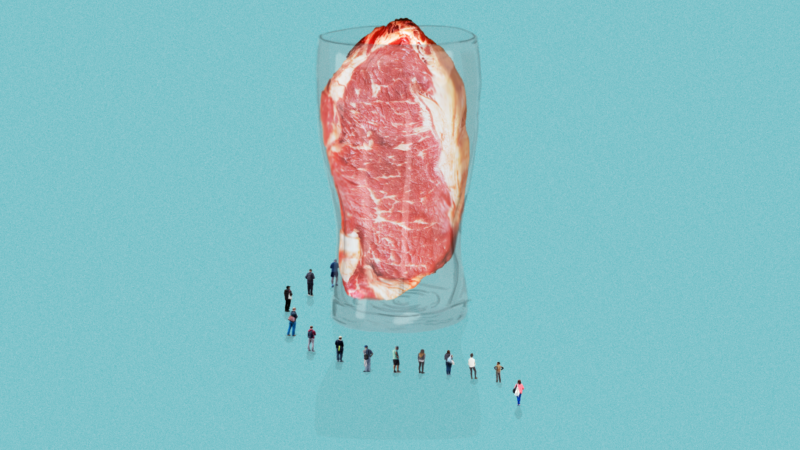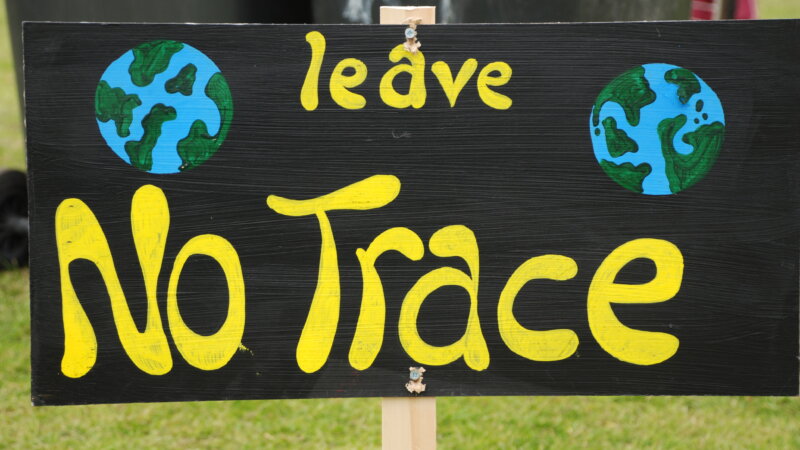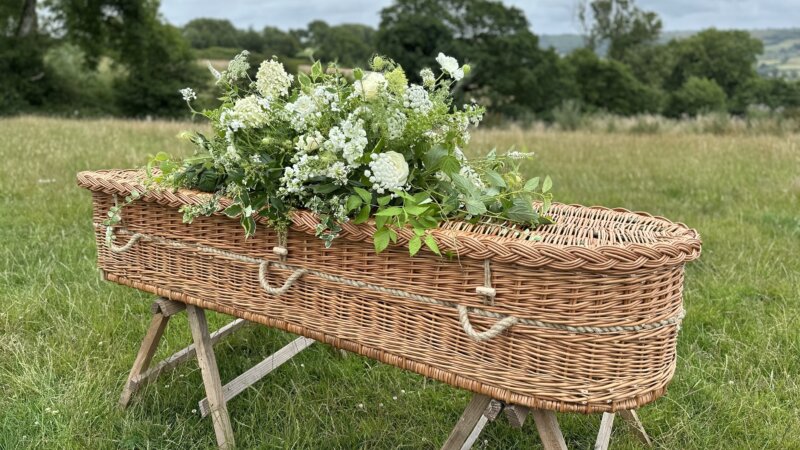Hiatus Kaiyote: Melbourne collective on the way up
Melbourne band Hiatus Kaiyote had only just finished produced their self-released debut EP Tawk Tomahawk when the world came knocking, the silky smooth vocals and jazzy, hip hop soaked sound ringing true to ears all over the globe and skyrocketing the nascent four-piece into the international spotlight. Now, with a couple of international tours under their belt and the clout of Salaam Remi, the producer behind Amy Winehouse, Nas and Nelly Furtado, and his Flying Buddha imprint, the band have returned to the studio to produce their eagerly awaited debut album. I caught up with singer and guitarist Nai Palm.
How did the band get together?
The bass player, Paul Bender, saw me play a solo show and started scoring my music. Simon and Perrin (keys and drums) were already living together in the house where we would rehearse before we had them in the band. It just kind of all fell into place surrounding a music share house called Blank Tape Studios, which is also where we recorded our debut EP.
What was the turning point between being a singer-songwriter and a member of a band?
I still write songs from scratch and then we arrange them together, but I guess there was a massive learning curve to do with trusting the musicians to make it their own. It's hard to explain. I'm still the chief songwriter and I still bring a lot of material together, but without being a dictator. Everybody's ideas go but I still have the freedom to bring a whole song in and the guys respect it enough to work on it. Even if I bring a song to the table, their interaction with it means we're writing together. I might have the skeleton of it, but how our instruments react is the writing. It's really rewarding to find musicians who can celebrate each other’s input. It's an equilibrium, which is what I always wanted it to be.
A different turning point was how the band got a huge amount of recognition at an early stage in its development. How did this effect you?
It's pretty insane to create something from a place of integrity, not trying to impress other people, and then still have the respect of people you admire. The greatest impact of the speed of the building of our profile is that while we're working on our debut album, it changes the mentality now we know that Stevie Wonder, Prince and Erika Badu will hear it. There's a little bit of pressure, but if they liked the first record, they already like us for who we are, so we don't need to try and be anything because we already have that validation. A lot of people make the music they think people want to hear because they think that that will prolong being in the spotlight. We're really lucky that we're in the spotlight because people like what we naturally do.
How has it been working for Salaam Remi on his Flying Buddha imprint? Has that added to the pressure?
It's fucking awesome. Salaam had produced a lot of music that I have grown up with and that I love so for him to trust us as the guinea pig of his label is really cool. Salaam is at a point in his career where he can just facilitate the music he likes. He told us to do what we do and to take our time with it because he knows we'll bring it when it’s ready. It's so rare to have that kind of freedom and respect from such an integral taste maker that really has the power to push things in the right direction.
You have a reputation for evolving your music live. Where is the balance between the stage and the studio?
The core of it is us playing together, but then producing it as an afterthought as opposed to doing it piece by piece. I think our music sounds more produced when we play it live. I guess live and studio are not opposites through. We try to perform things live that sound like they've been sample or vice versa. It's more like trying to be creative about it without relying on Pro Tools so much to portray what you want artistically. The Roots played a massive role in that. Questlove's drumming style was about trying to reproduce what J Dilla was doing as a producer, but then playing it live.
Do you see yourselves fitting into that trajectory of ‘neo-soul’ and ‘hip hop’?
We're definitely soulful and there is a large hip hop influence. But what is hip hop anyway? It's music that’s been sampled from everywhere. It’s just a hybrid of eclecticism as it is. I feel like we fit in in the sense that so much of our roots come from soul, hip hop and r'n'b, which naturally comes out. There are so many influences in our music though: Bollywood, flamenco, West African music, martial arts films, visual artists and nature documentaries. It’s nice to be championed as a certain thing but it's not what we purely identify as. Call it what you want really - it's eclectic music and it speaks for itself.
How was the first US tour?
The US is amazing. There's a really awesome music scene, but what I loved about touring in America is that people are really vocal. When they like things, the fucking holla at you. When I sang everybody was singing along and when I did a vocal trill people where yelling. They directly tell you when they like you, whereas with some audiences in Australia and in Europe, you can play a set and feel like nobody liked it because they gave you nothing, but then after the show you’re swamped by people who were listening. It's not that they don't appreciate it, but they experience it in a different way. That being said, our first show in London at XOYO was crazy. Giles Peterson said he hadn't seen a gig that live since the first Roots show there. The whole crowd was dancing and singing my guitar lines.
Tell me about the new, hotly-awaited record.
It’s hotly awaited by me too! It blows my mind, so it should blow other peoples. It's what we've been doing on our live videos but fermented with a lot of intention. It's been really challenging, but because it involves a lot of collaboration between us all, I can get excited about it without beating myself up about it or over-analysing it. I've had a lot of fun with all the vocal arrangements. I go deep down the rabbit hole. I can be a total weirdo and that’s really fun. It has evolved so much deeper than when we first started writing. I don't know what to compare it to, which is scary but also really fun. It’s like a sculpture - you know what the image is in there and you have to keep chipping away until it reveals itself to you and you have to know that you’re making something beautiful.
Salaam Remi said of you, “I love the fact they transcend borders with themselves as musicians... This is where they are now, what are they going to be up to in five years?” What is next for the band?
We're doing a really minimal tour with two shows in Paris and London. We're working on the record and then touring it. We write so often. We have another entire album up our sleeves purely from writing all the time, so it’s all about trying to catch up with that and explore it deeper and try and capture what we create. I write a lot on tour. Between my songs and the guys bringing new material in, you end of with a lot of material. The way that all interacts will only get deeper and tighter as we become more familiar with that process.
hiatuskaiyote.com
Image: @faytography )





